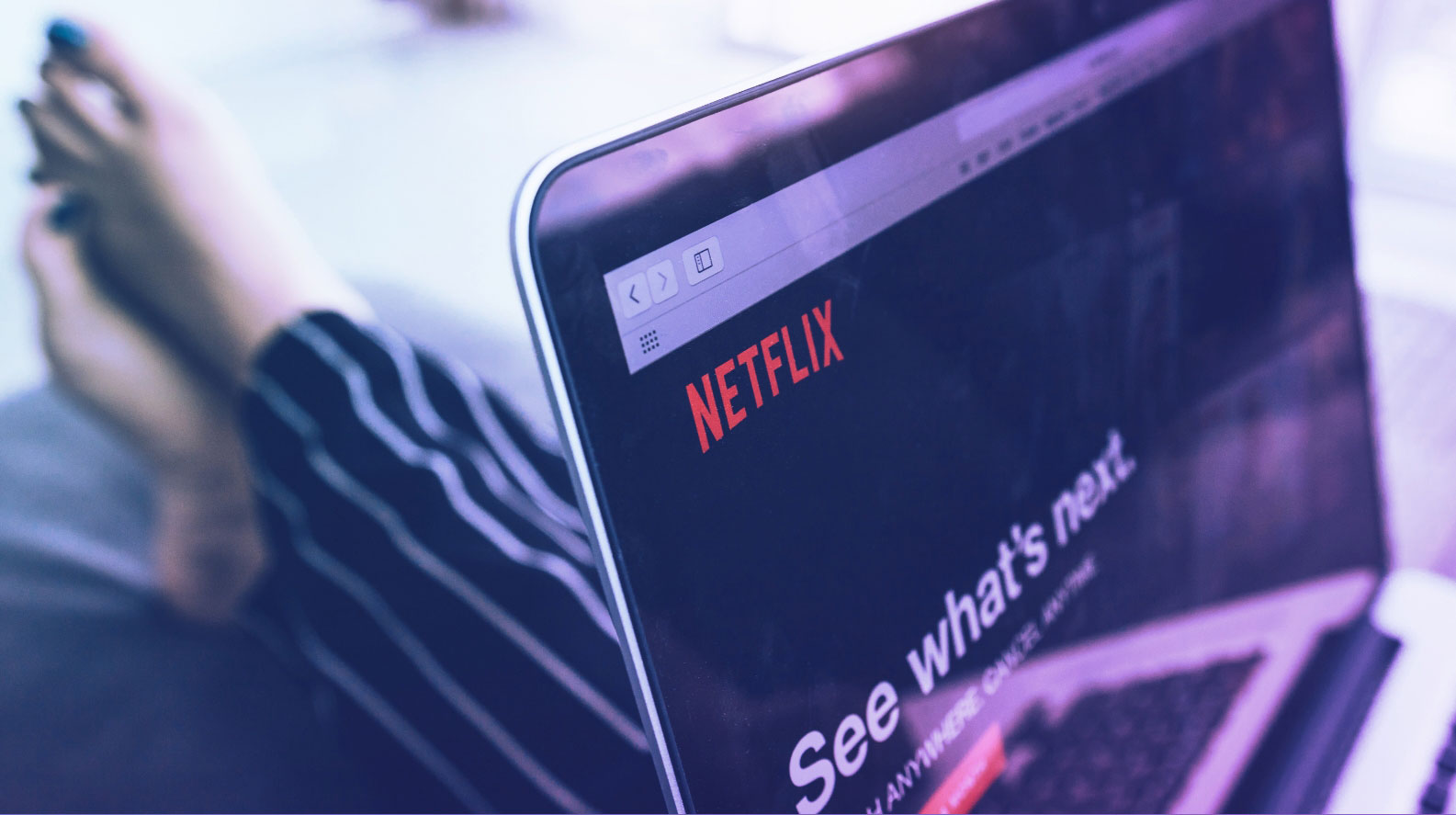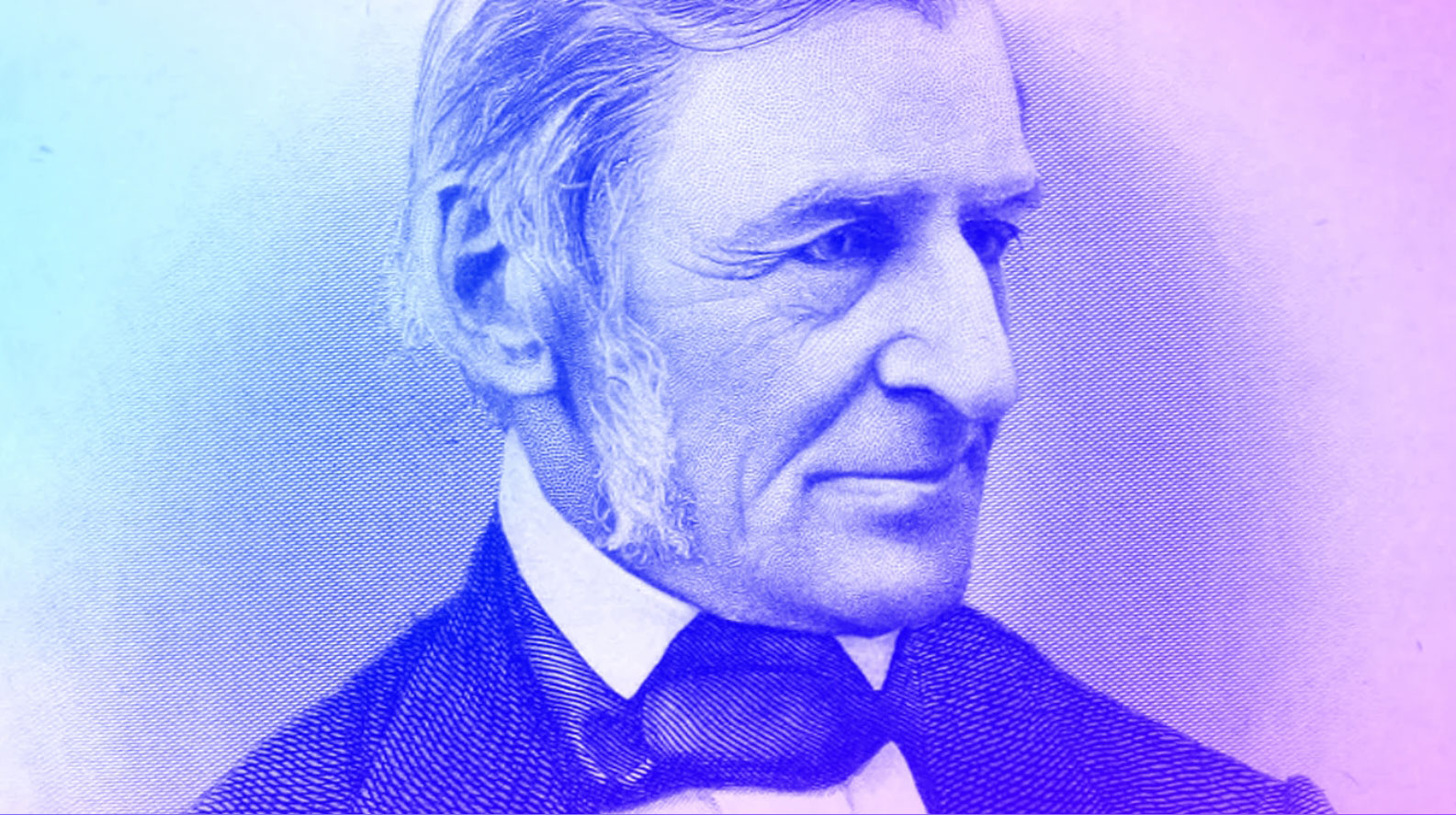by Courtney Campbell
Share
by Courtney Campbell
Share

A Short History
In 1997, Netflix Founders Marc Randolph and Reed Hastings felt irritated by Blockbuster’s $40 late return-fee. This frustration led them to the idea of renting DVDs by mail using a subscription model and the seed of what we now know as Netflix was planted. By 2000, Hastings and Randolph offered to sell Netflix to Blockbuster for $50 million, to which Blockbuster declined. Two years later, Netflix went public and now lives as an on-demand streaming service with a membership base of more than 200 million.
Turbulent Times
In 2011, Netflix lost 800,000 customers and the stock plummeted by 80%. So what happened? The company split its subscription model into a DVD rental option and a streaming option. The new combined price was higher than what customers originally had to pay. Customers did not approve of this split, especially in the midst of a recession when pockets were shallow and trust in the economy was wavering.
Clear in their vision, Netflix marched towards the future of online streaming, and dragged what felt like the inconvenient, extra appendage of DVD rentals behind. Netflix had a deep hole to dig themselves out of; it was crucial to act with urgency in order to regain trust and establish its position as streaming leader.
How Did They Do it?
Through their deeply entrenched culture of innovation and rooted in their strong core values, the business was able to make a major comeback. Netflix is infamous for their widely shared Culture Deck; the foundation to which they attribute much of their success.
As quoted in his book, Reed Hastings said, “I hoped to promote flexibility, employee freedom, and innovation, instead of error prevention and rule adherence.”
The overall success of your business is dependent on your internal stakeholders – it is crucial to foster a culture that empowers your employees to thrive and innovate. This will enable employees to deliver results to your external customer.
Sustainable Innovation and Philosophies for Business Growth
Netflix not only creates a culture of relentless innovation but is able to sustain it as they continue to grow. They achieve sustainable innovation by following accessible principles outlined in their culture deck.
More specifically, they illuminate their philosophies on performance management, operation and decision making.
On Performance Management
- Philosophy: Adequate performance gets a generous severance package
Netflix manages performance by preserving high talent density. To achieve high talent density, you must hire teams of “stunning colleagues.” Netflix defines “stunning colleagues” as exceptional workers or star players. The result of thoughtful hiring will bea group of highly motivated individuals who will challenge and learn from each other in order to drive the business forward. The opposite, lazily hiring mediocre or even adequate performers, will drive talent density down and plague the rest of your organization due to the infectious nature of performance quality.
In order to maintain talent density, Netflix managers leverage The Keepers Test. Leaders are encouraged to routinely ask themselves one simple question, “Which of my people, if they told me they were leaving in two months for a similar job at a peer company, would I fight hard to keep at Netflix?” According to Netflix, if an employee is adequate, but does not pass the “Keepers Test” (if the answer to the question above is no), then you should part ways by offering them a generous severance package.
On Operating
- Philosophy: Freedom and Responsibility
Netflix insists that once you have the unwavering foundation of high performing people, you are able to accelerate innovation by promoting a culture of “Freedom and Responsibility.” As a company grows, so do its business complexities. Most companies control for this complexity by instituting processes and procedures to minimize the risk of error. Unfortunately, stringent processes have the potential to suffocate creativity, however, Netflix does the exact opposite. In order to stay ahead of the curve in terms of innovation, Netflix increases freedom as they grow.
Because the high performers they have thoughtfully hired are responsible (accountable, self-motivating, self-improving, and self-aware), increased freedom results in:
- Market Agility: By conditioning people to innovate rather than to adhere to processes, Netflix is set up for market agility and long-term success
- Retention and Attraction of Innovative Talent: Creative people are drawn to environments in which they have freedom to be inventive. Process-orientation drives away innovative talent.
In its culture deck, Netflix helps us visualize how most companies reduce employee freedom as their businesses grow along with what you can do to avoid restricting that freedom during periods of increasing business complexity.
Figure 1 from the culture deck illustrates the common pitfall of growing businesses; freedom diminishes as businesses grow and begin to institute more stringent processes. Process orientation is the bane of innovation. Figure 2 depicts how Netflix solves for the inevitable increase in complexity accompanied by growth; invest in high performance at a faster pace than your business grows.
On Decision Making
- Philosophy: Context Not Control
When you control high-performing people with prescriptive orders, it drives resentment and disengagement. When you empower them with context, it drives innovation and trust. Netflix introduces the “Context not Control” concept with the below slide:
In practice, it is the leader’s job to provide the information (context) that enables employees to make great decisions and it is the employee’s job to make the decisions. Hastings insists that if one of your team members makes a poor decision, it is because you failed to provide proper and sufficient context, not that you should establish tighter controls. Understanding context versus control is critical in order to facilitate strong business outcomes: from the foundational business level, to the customer level, to the team level.
Anchored in a clear vision and thoughtful context, employees should be trusted to make business decisions without rigorous oversight.
The Moral of the Story
Netflix navigated the inevitable adversity faced by growing businesses and accelerated far beyond market expectations. The systems ingrained in their culture enabled them to come back stronger and establish themselves as a business admired for its relentless creativity and innovation. Innovation is crucial to remain competitive in the market, attract and retain customers and increase profitability. While it is more difficult to sustain as businesses grow, Netflix assures us that it is not impossible if you are thoughtful and calculated in the way that you manage performance, drive operations and make decisions.
At Howbridge, we partner with organizations and new ventures alike to ensure your business is structurally prepared to grow. With the keen understanding that growth is fueled by your people, we are prepared to work by your side to create, individualize and execute an organizational strategy that is unique to your culture. Will you be the next Netflix?
Sources
Access the full Netflix culture deck here.
Read: No Rules Rules: Netflix and the Culture of Reinvention
Leadership may be one of the most popular topics covered by self-development authors and business coaches. Still, several misconceptions persist in regard to what it takes to be a truly effective leader. In this blog post, we break down some of the most common leadership myths so you can feel more confident about your position
Taking stock of your past and learning from your mistakes is key to growing as a leader and encouraging innovation in your business ventures. Howbridge CEO Jeff Prag discusses 3 key lessons from his own experience. How do you encourage growth in your leadership and innovation in your business? Take stock of your past and
Silos squash potential. At Howbridge, our experience shows that sustainable success sits at the crossroads of three elements: offerings, organizational dynamics and opportunities. In this blog post, we explain the O3 effect and our approach to creating continuous growth. Building a venture is filled with inflection points—none of them easy. But too often, companies face
Entrepreneurs, journalists, musicians and artists alike are in a perpetual pursuit of innovation. Our focus concentrates on the future. Wondering about the past is deemed a waste of time and the present moment is largely overlooked for the feelings of stagnation that accompany it. Startup founders want to imagine a future that nobody has yet



